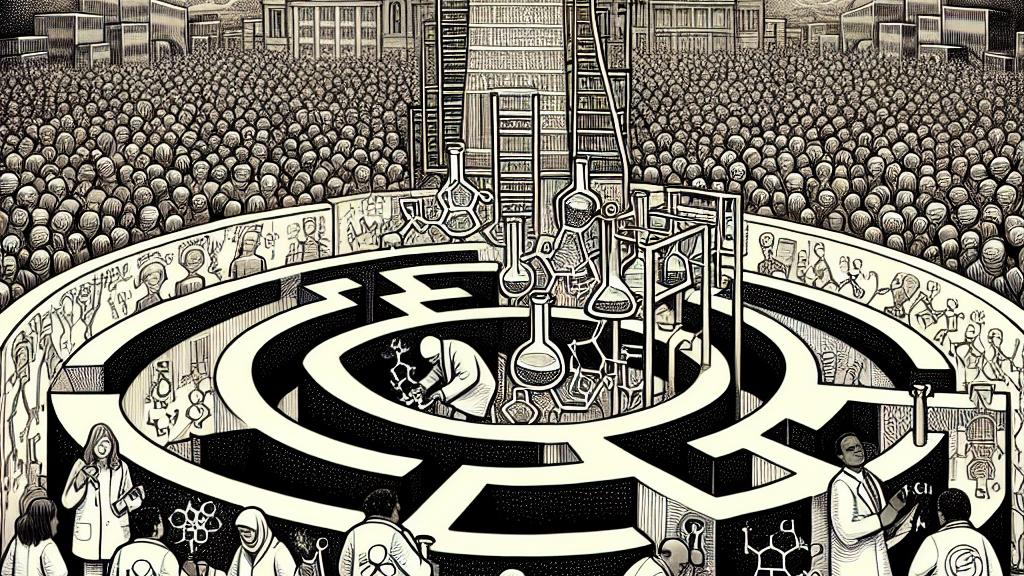Empowering Researchers Through Strategic Grant Writing
Overview
- Grass-roots support dramatically enhances grant proposal success for small institutions.
- Comprehensive grant writing resources are vital for overcoming funding obstacles.
- Community mentorship is essential for unlocking increased research funding opportunities.

The Challenge of Grant Proposals in Smaller Institutions
In the intricate landscape of U.S. academia, researchers at small and minority-serving institutions often grapple with significant barriers when seeking grant funding. Consider the experience of Dr. David Sanabria-Ríos, a dedicated chemist at the Inter American University of Puerto Rico, who faced repeated setbacks with his ambitious proposals aimed at synthesizing innovative molecules. Despite the scientific merit of his work, many of his applications went unreviewed by the NIH, the nation’s largest biomedical research funding source. This frustrating reality is not unique; numerous researchers find themselves in similar predicaments, battling institutional limitations, language barriers, and inadequate support systems. Unlike their counterparts at prominent R1 institutions, where robust administrative frameworks streamline the grant application process, those at smaller universities often feel like they are wandering through a dark maze without a clear exit. The stakes could not be higher, with the pressure to secure funding feeling like an overwhelming challenge that invades every aspect of their scholarly pursuits.
Building a Supportive Community
In response to these daunting challenges, a dynamic wave of grassroots collaboration is emerging among researchers at smaller institutions. Picture this: a group of passionate scientists gathering in a vibrant café, animatedly discussing their research ideas and sharing insights while sipping rich coffee. These informal yet powerful connections create an incredible support network—one that can make all the difference. For instance, Katia Del Rio-Tsonis, an accomplished biologist, reflects on her early career at the National Autonomous University of Mexico, where her access to mentorship was limited. Today, as a faculty member at Miami University, she proudly witnesses the remarkable transformation brought about by peer collaboration. This supportive atmosphere not only cultivates better writing but also fosters a deep sense of belonging and motivation, vital in an often isolating academic environment.
Enhancing Grant Success Through Collaboration
Moreover, leveraging comprehensive resources that detail the crucial components of successful grant proposals can be a game-changer for these researchers. Understanding the differing types of grants—such as unrestricted operating support versus targeted program development—can significantly impact funding outcomes. For example, many nonprofits have successfully utilized capital support funds to bring innovative community-focused projects to life. But it's not solely about obtaining funding; it's also about mastering the art of articulating project goals and their broader significance in a compelling manner that resonates with potential funders. By thoughtfully intertwining these resources with the empowering force of community mentorship, researchers at smaller institutions can greatly enhance their chances of not just securing funding, but also thriving in the competitive research landscape. Ultimately, this collaborative approach opens new pathways for innovation and impactful contributions to the world of science.

Loading...